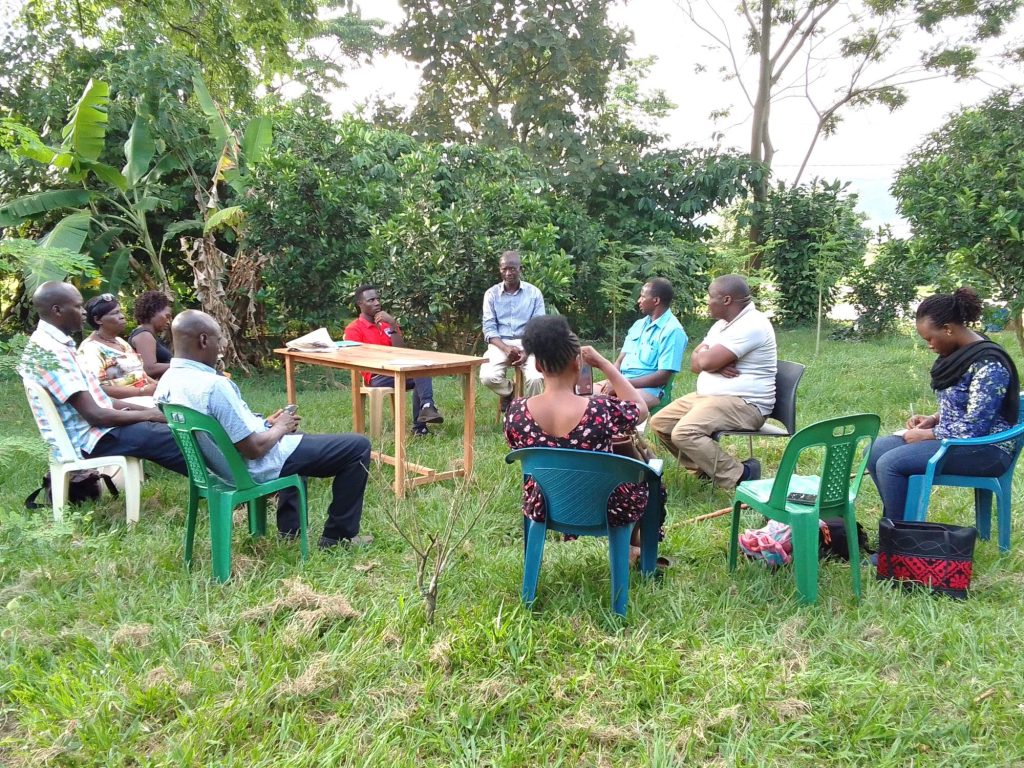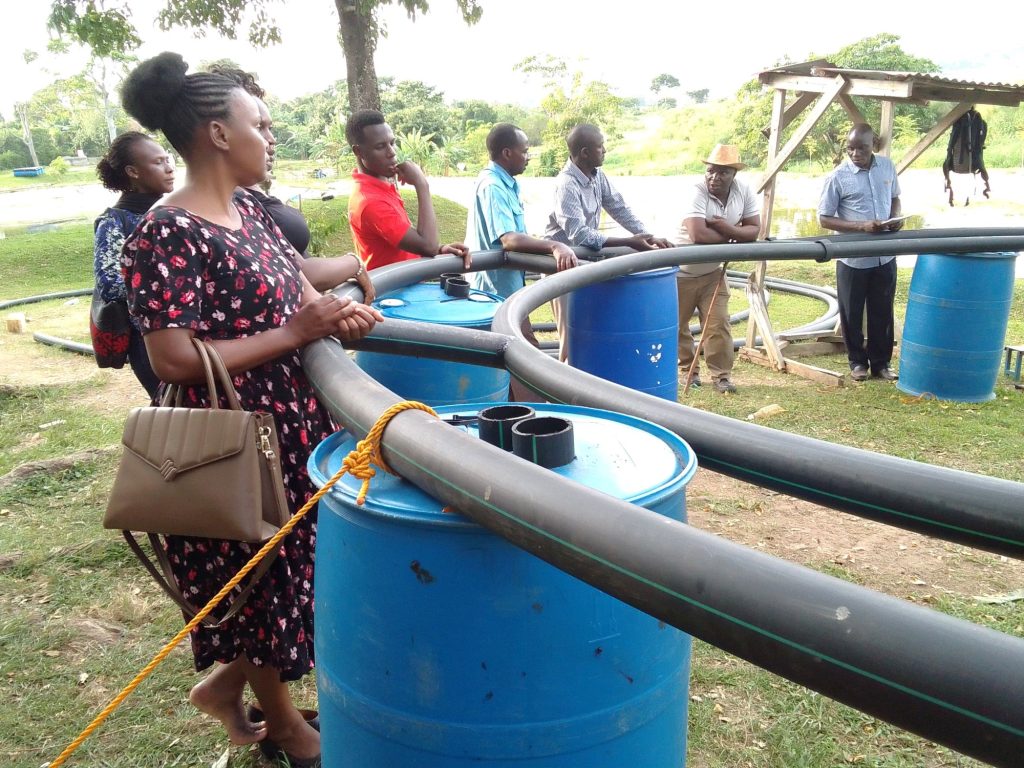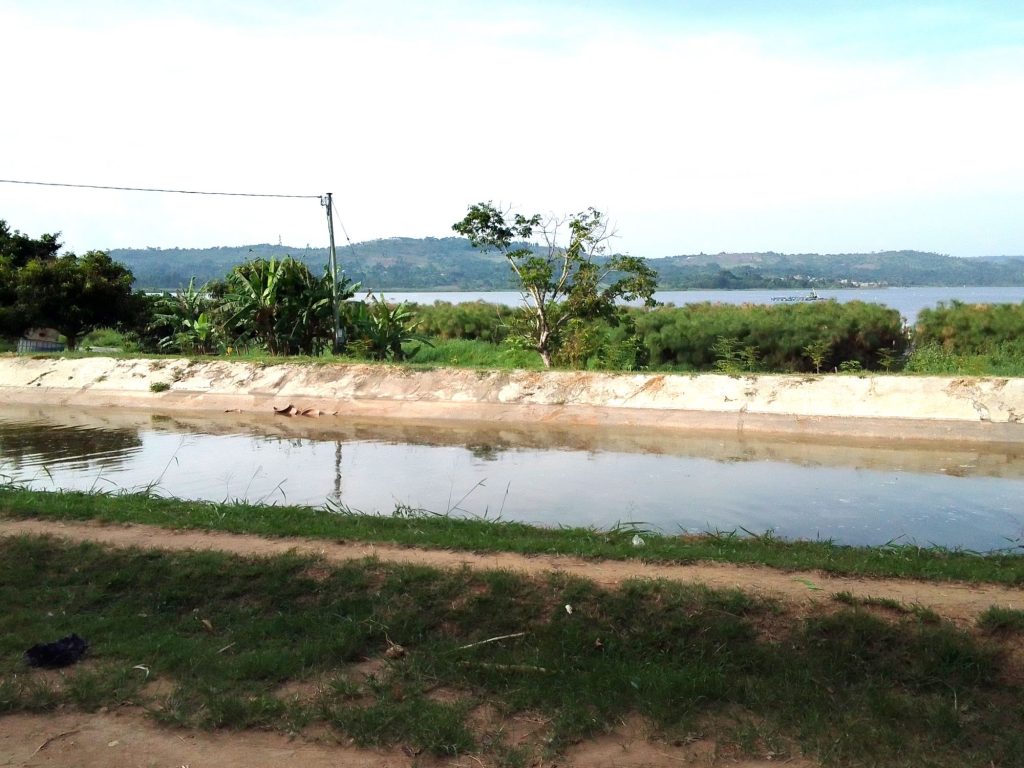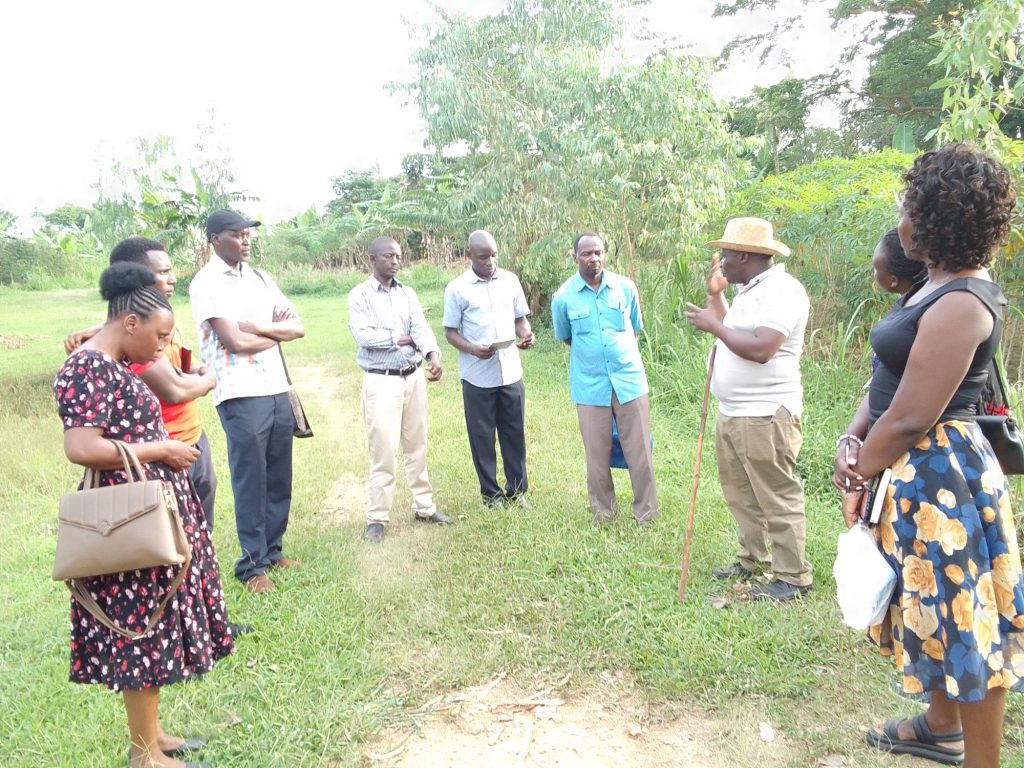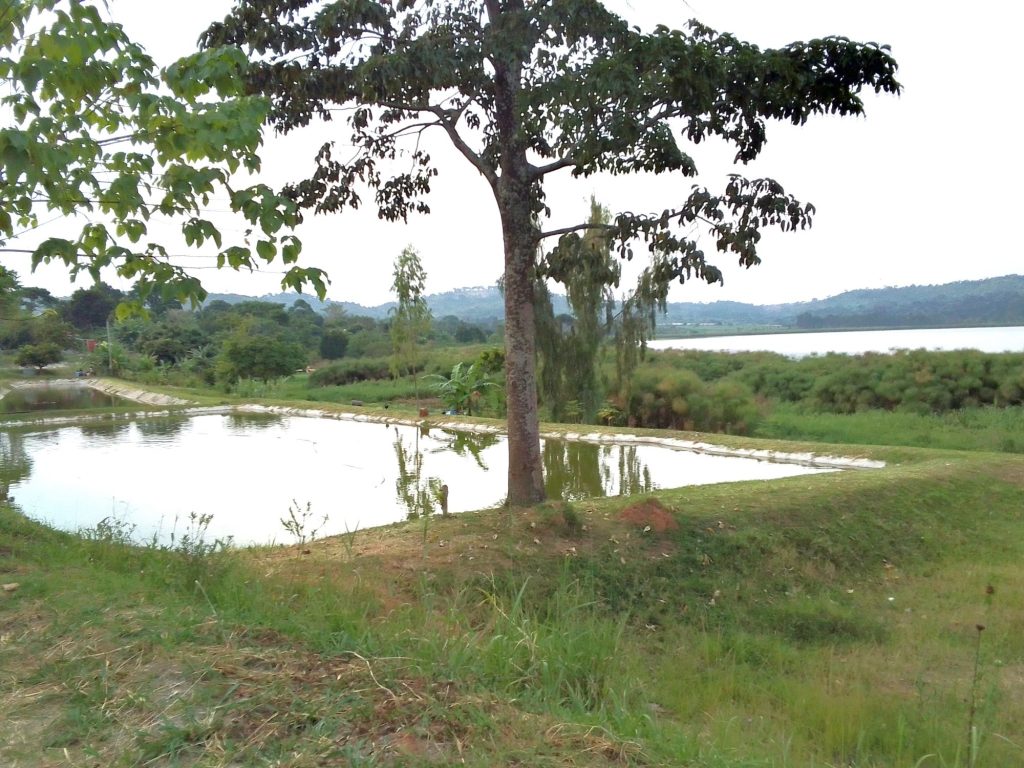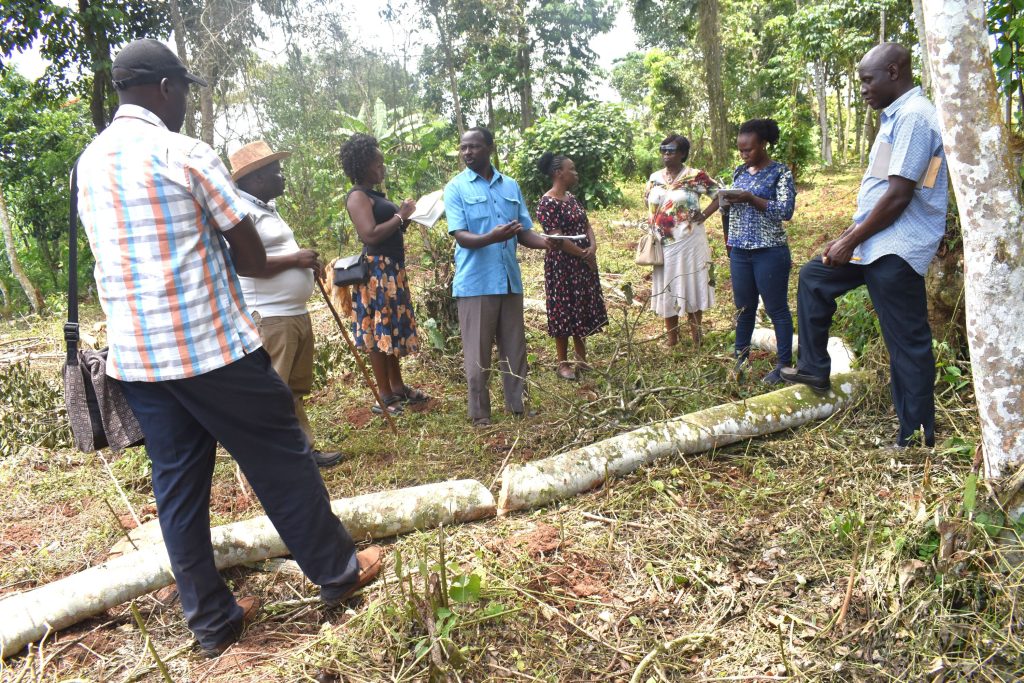
Purpose of the project
Makerere University is part of the consortium through which the INNOECOFOOD project will be implemented. Funded by the EU under The Horizon Europe Programme, INNOECOFOOD (Eco-innovative Technologies for Improved Nutrition, Sustainable Production and Marketing of Agroecological Food Products in Africa), a three-year project (2024-2026) aims to establish innovative production/ business ECOHUBS and improve local aquaculture farms using AI and IoT in six African countries. The overall aim of the project is to address food security and nutrition gaps in the six countries.
To support EU-AU markets and trade, INNOECOFOOD, an Innovation project will train rural farmers, youth and women to innovatively produce and process nutritious aquaculture fish, blue-green cyanobacteria spirulina, and selected insect value chains at pilot/large scale level into certified marketable human food products and feed. This farm to fork approach will be achieved by using climate smart sustainable local resources, innovative chilling and drying processes using renewable energy, reduced water consumption and circular systems within the ECOHUB.
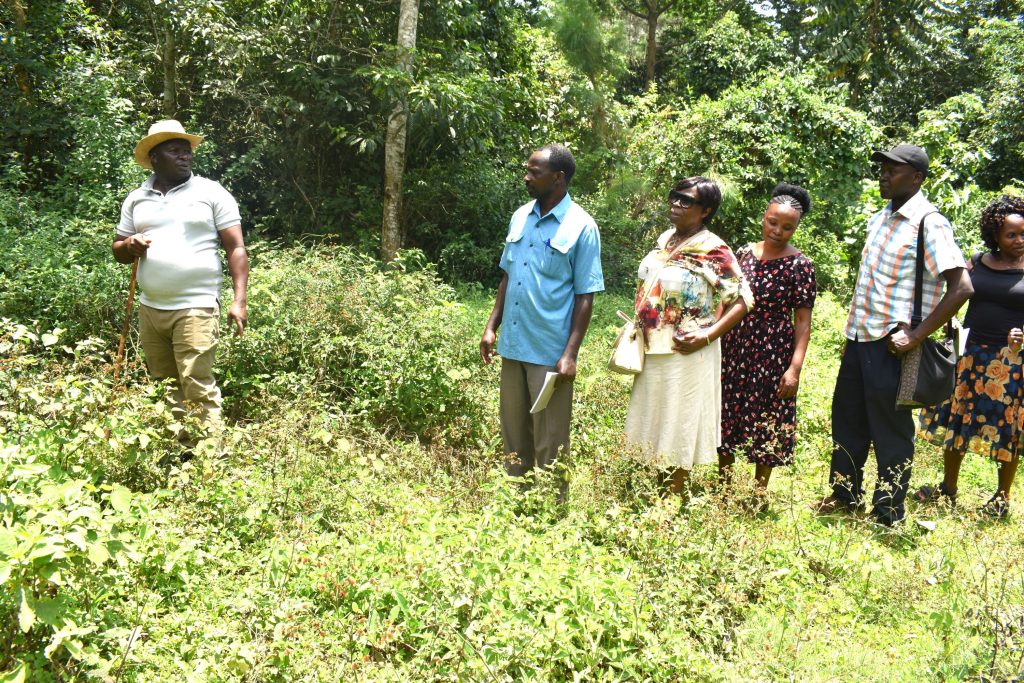
Makerere University Work Packages
At Makerere University, the project will be implemented through the Department of Zoology, Entomology and Fisheries Sciences at the College of Natural Sciences (CoNAS) under the leadership of Dr Godfrey Kawooya Kubiriza. It will be implemented through work packages 1, 2, 3, 6, 7, 8, and 9 as indicated below;
- Project management (WP1)
- Conduct scoping of aquaculture practices in local lakes and rivers (living labs) and to establish four sustainable and innovative agribusiness rural ECOHUBS using renewable solar/wind energy for the production, processing and marketing of aquaculture value chains (fish and selected Spirulina species) and insect species in diverse African countries (WP2), to address AU and EU green deal and trade.
- Optimize the production of eco-farmed fish (catfish and tilapia), sustainable feeds and post-harvest technologies using sensors, AI and IoT technology in aquaculture ECOHUBS and living labs sites (WP3).
- Scope suitable plant products; up cycle fish-waste nutrients and make new products from fish and co-products, spirulina and insects by solar powered drying, extrusion with AI sensors and IoT control (WP6).
- Validate nutritional and sensory quality, microbiological and chemical safety, consumer acceptance, life cycle analysis (LCA) impact, and to implement certification schemes using digital tools, for fish, spirulina and insect processing and products, for consumption, transparency, marketing and trade (WP7).
- Create a Data Management Plan (DMP) and disseminate project data and information gathered on the virtual ECOHUB, via research and commercial publications, media channels and workshops, internet, mobile apps and conferences (WP8).
- Ethics, Intellectual Property
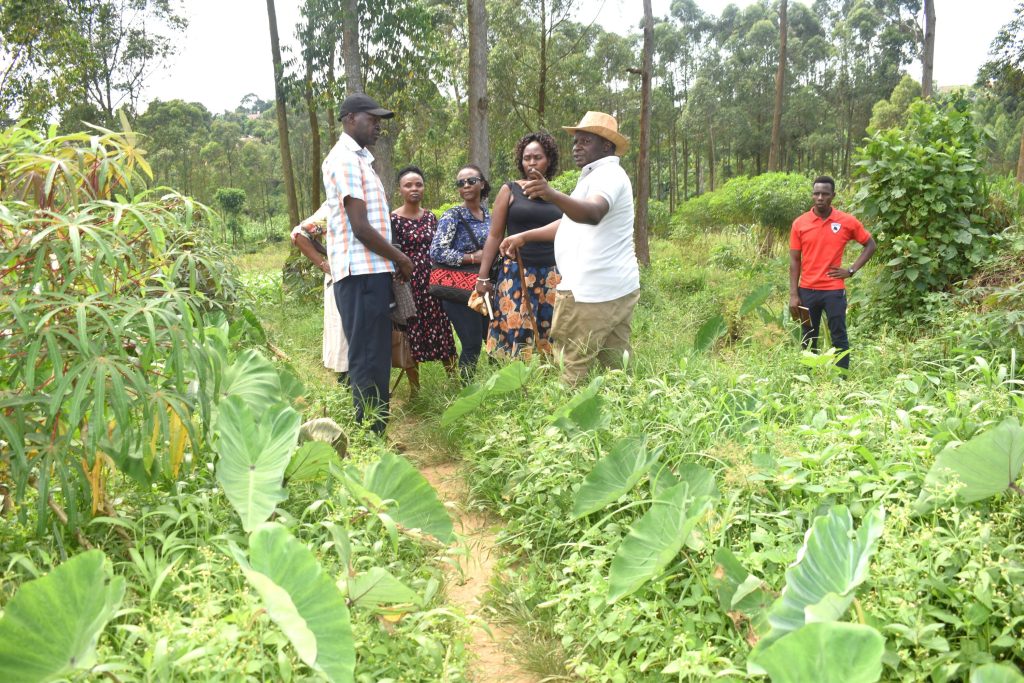
Site reconnaissance
As part of the activities for Work Packages 6 and 7, the MAK-INNOECOFOOD project team on 18th March 2024 conducted a thorough exploration of potential spaces for the fish processing unit within the Department of Zoology, Entomology and Fisheries Sciences at Makerere University. The primary objective was to assess the viability of these spaces to accommodate the fish processing unit, aiming to streamline project operations and enhance efficiency in work packages 6 and 7. The tour encompassed various areas within the Department, including laboratories, storage facilities, and open spaces suitable for potential adaptation. Each space was examined to determine its capacity, accessibility, infrastructure, and compatibility with the intended activities of the processing unit.
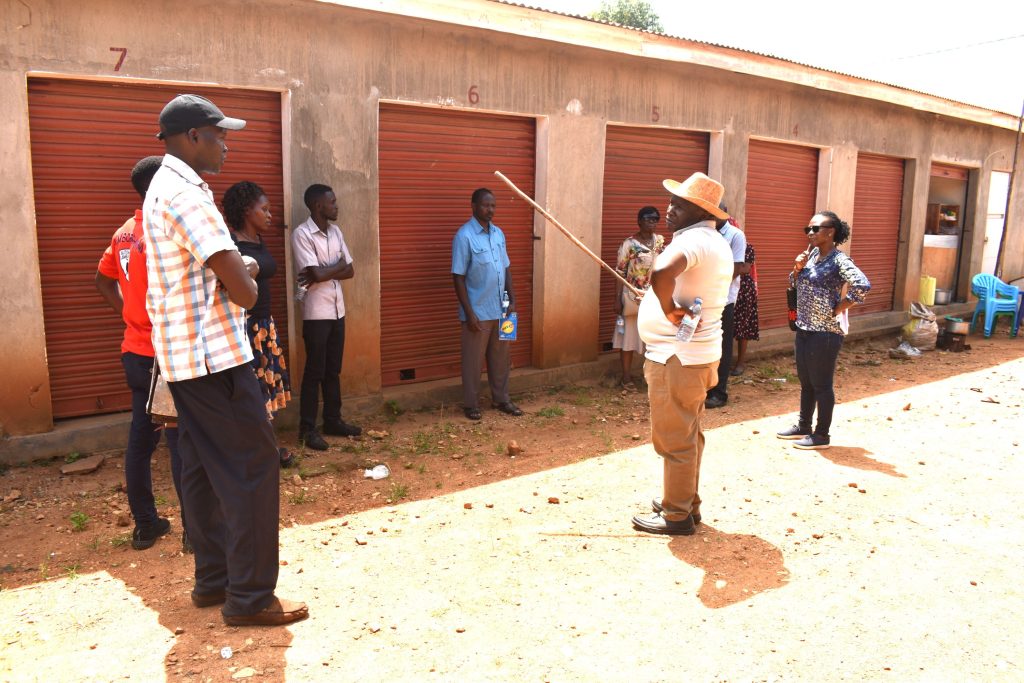
Similarly, on 19th March 2024, the team conducted assessments across four sites within Mukono and Buikwe districts to establish their viability for location of a mini living lab and fish processing unit. These included two sites in Namumira Anthony Ward, Mukono Municipality, as well as Kikuba, and Kamos Fish Farm in Buikwe district. At the sites, the team assessed the topography in relation to the planned activities. At Kamos Fish Farm, the team explored the potential for setting up small, customized experimental cages and ponds to facilitate the project experimental activities. The cages and ponds would be used to cultivate tilapia and catfish, with the aim of establishing controls for growth rates in relation to fish feed. Various aspects such as logistics, feasibility and cost estimates for constructing the cages were discussed with the owner of the farm.
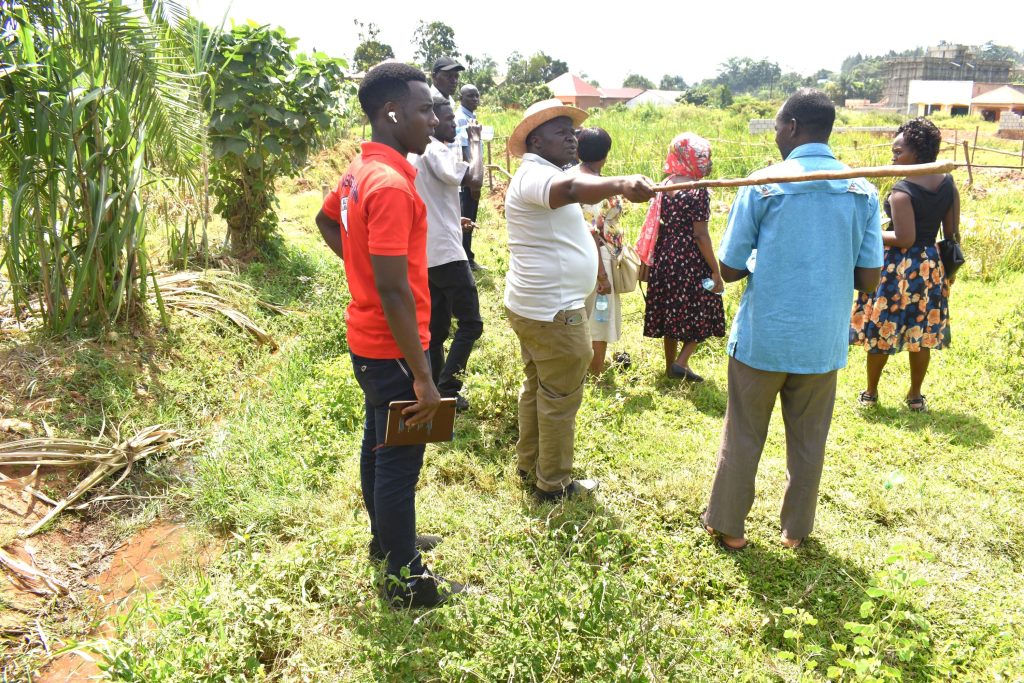
INNOECOFOOD Project partners
- Europe (Portugal, Germany, UK, and Turkey),
- East Africa (Kenya, Uganda, and Tanzania),
- Southern Africa (Namibia), West Africa (Ghana),
- and Northern Africa (Egypt).
The consortium’s coordinating institution is CIIMAR in Portugal.
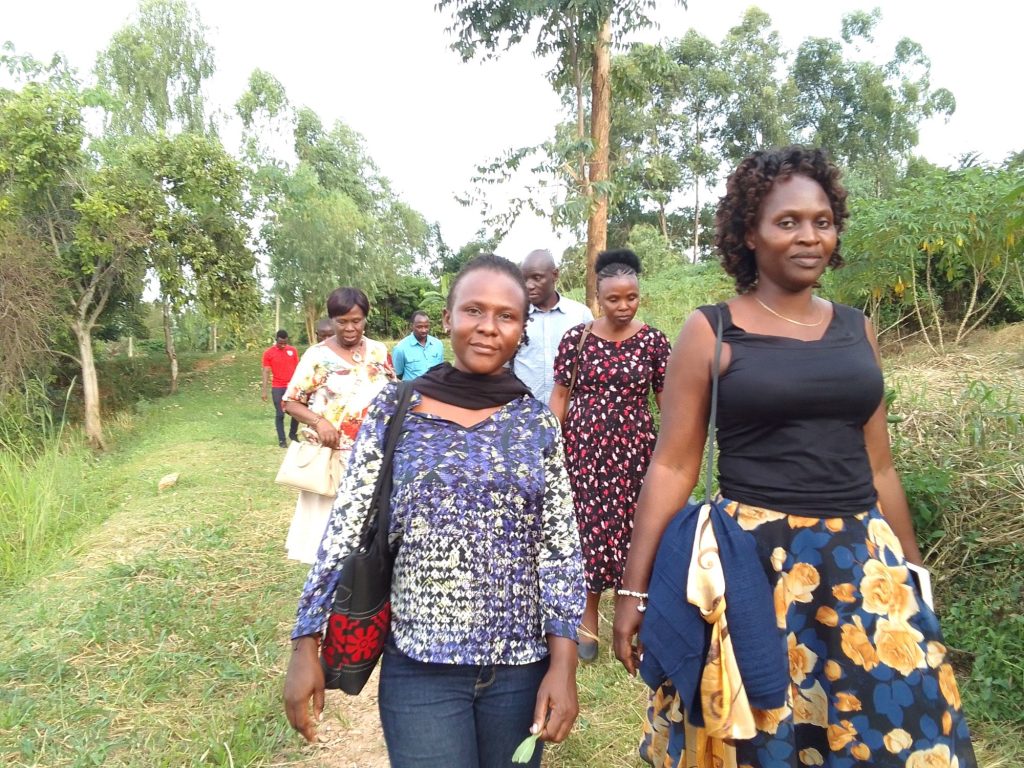
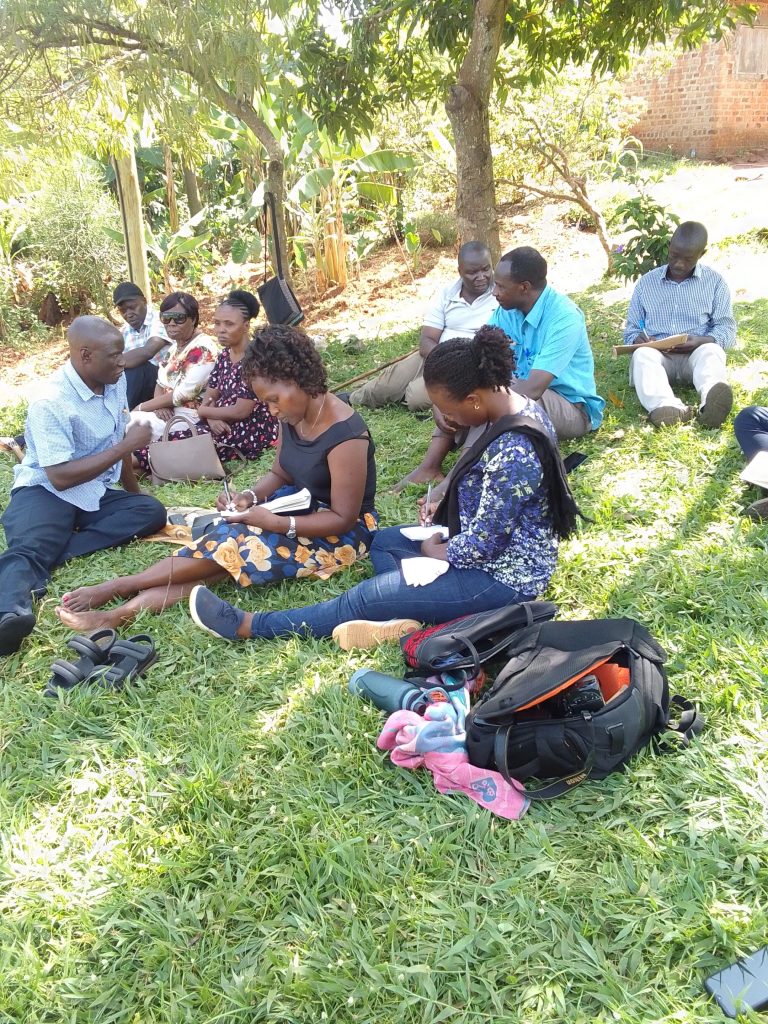
Participant organizations
- Centro Interdisciplinar de Investigação Marinha e Ambiental (CIIMAR),
- B2E Associacão para Bioeconomia Azul – Laboratorio Colaborativo (B2E), and Interdisciplinary Research Center in Animal Sanity (CIISA)/ FMV, Portugal,
- Kenya Marine Research and Fisheries Research Institute (KMFRI), Jomo Kenyatta University of Agriculture and Technology (JKUAT), International Centre of Insect Physiology and Ecology LBG (ICIPE), Mayfair Holdings (PECHE), and Food Security for Peace and Nutrition-Africa (FSPN-Africa), Kenya,
- Tanzania Fisheries Research Institute (TAFIRI) and University of Dar es Salaam (UDSM) in Tanzania,
- Makerere University (Mak), and the Sparky Social Enterprise Limited (SPARKY), Uganda,
- Council for Scientific and Industrial Research – Food Research Institute (CSIR-FRI) and Ghana University of Namibia (UNAM), Namibia,
- Central Lab for Aquaculture Research (CLAR), Egypt,
- Burdur Mehmet Akif Ersoy University (BMAEU) and Denizli Gida Kontrol Laboratuvar Mudurlugu (DENIZLI), Turkey,
- Innotech Ingenieursgesellschaft mbH (INNOTECH) and Fraunhofer Gesellschaft Zur Forderung der Angewandten Forschung EV (ISE), Germany,
- and NK Sustainable Bioproducts Ltd (NKSB), United Kingdom.
More on the project at: https://cns.mak.ac.ug/index.php/2024/03/13/innoecofood-project-to-address-food-security-nutrition-gaps-in-africa/
